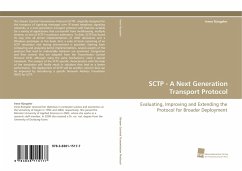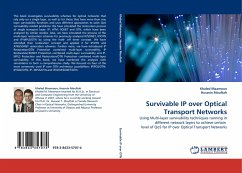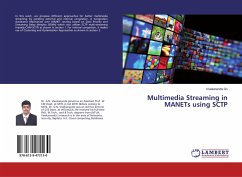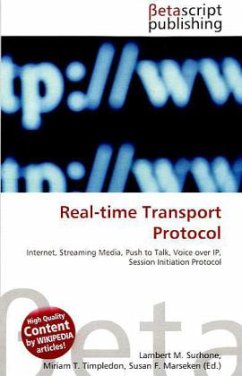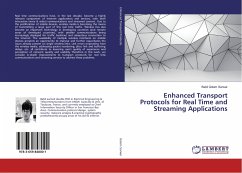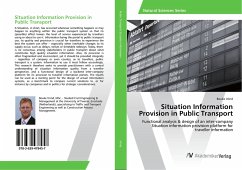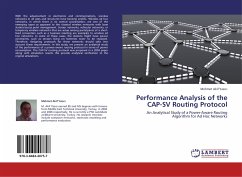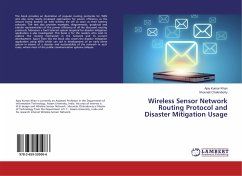The Stream Control Transmission Protocol (SCTP), originally designed for the transport of signaling messages over IP based telephony signaling networks, is a next generation transport protocol with features suitable for a variety of applications that can benefit from multihoming, multiple streams, or one of SCTP s numerous extensions. To date, SCTP has found its way into all kernel implementations of UNIX derivatives and a Windows prototype. In this book, first, a suite of tools consisting of an SCTP simulation and testing environment is provided. Starting from comparing and analyzing kernel implementations, several aspects of the protocol that lead to undesirable behavior are examined. Congestion and flow control that are adopted from the Transmission Control Protocol (TCP), although using the same mechanisms, need a special treatment. The analysis of the SCTP specific characteristics with the help of the simulation will finally result in solutions that lead to a better performance. The deployment of SCTP will be another concern that can be improved by introducing a specific Network Address Translation (NAT) for SCTP.
Bitte wählen Sie Ihr Anliegen aus.
Rechnungen
Retourenschein anfordern
Bestellstatus
Storno

